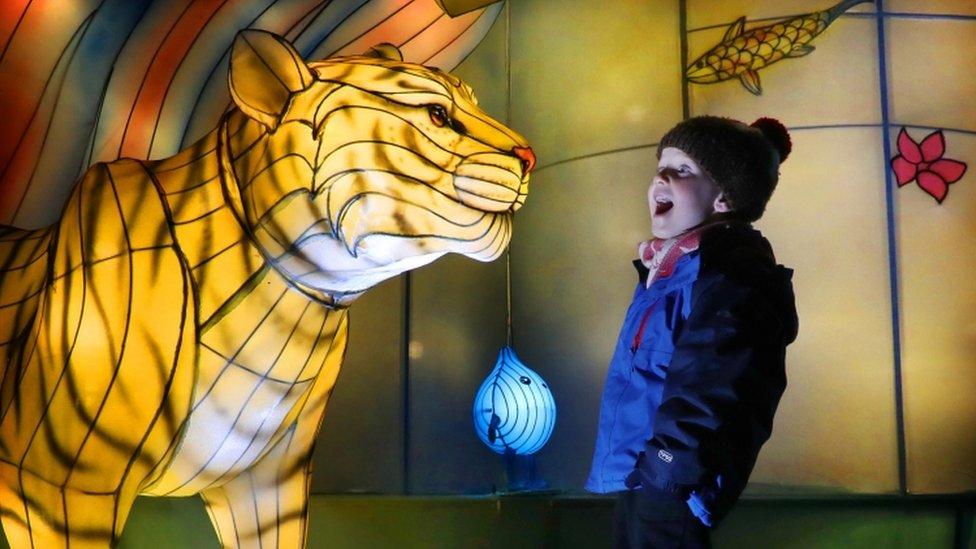How to avoid frostbitten lemurs and skidding giraffes
- Published
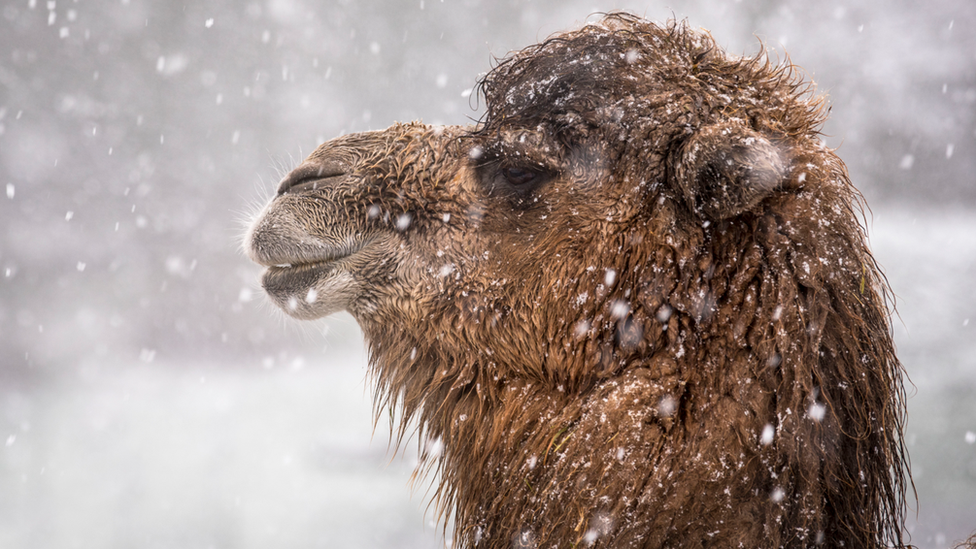
Cold weather and snow can bring added challenges for zoos and animal attractions
Zoos and other animal attractions are preparing for new year wintry weather with heat lamps, warm drinks and lots of hay.
Icy conditions are among concerns and West Midland Safari Park in Worcestershire said animals such as giraffes may have to stay indoors.
The winter also brings extra energy costs, with Telford's Exotic Zoo saying it was "more important than ever" it attracted visitors to make ends meet.
And in Dudley Zoo, sledges are on hand.
It is a precaution in case staff need to move animal feed about the site in snow.
Manager Matt Lewis said many of the attraction's indoor dens were heated, insulated and kept at a constant temperature, but food itself was a source of warmth.
For instance, orangutans, he said, enjoyed sugar-free squash made with warm water and the red pandas had a type of cake served warm.
Additional heat lamps could also be brought in if temperatures dropped, Mr Lewis said, adding it was particularly important for primates and lemurs, which could get frostbite in extreme cold.
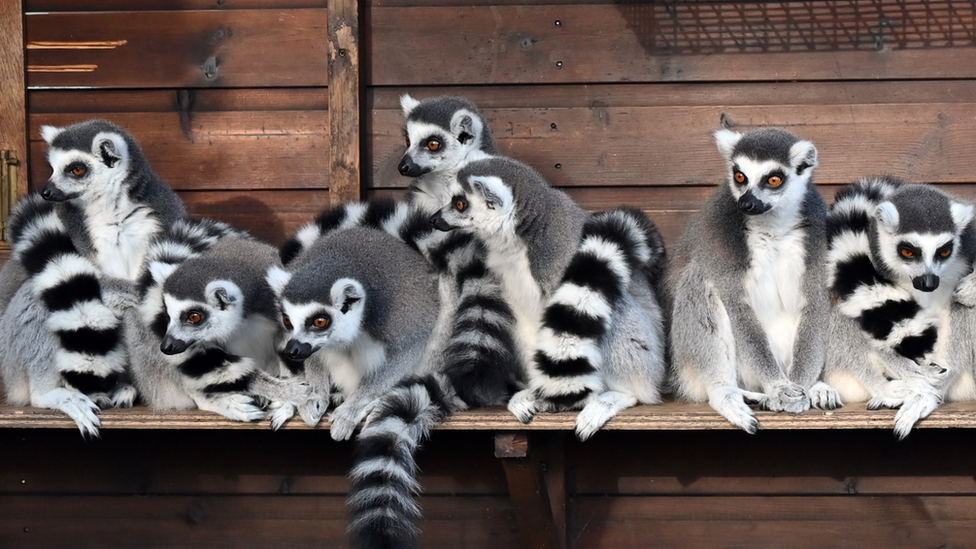
Extra care has to be taken with lemurs, which can suffer frostbite
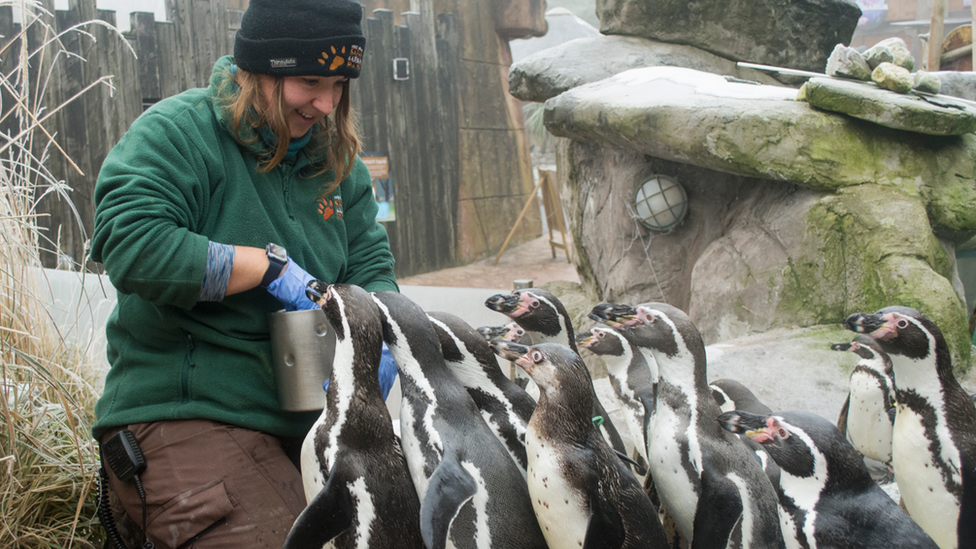
Some animals get warm meals, but others enjoy the cold
Angela Potter, head of wildlife at West Midland Safari Park, said because its animals came from all around the world, it already had in place "well-insulated and heated housing".
Extra care had to be taken with some animals, she said, if they wanted to venture outdoors during wintry blasts, but giraffes may have to be kept inside if there was a danger of them slipping.
Ms Potter added other species such as the red panda were "naturally equipped to tolerate colder conditions" and their activity actually increased in the winter.
She said they particularly enjoyed playing in snow.
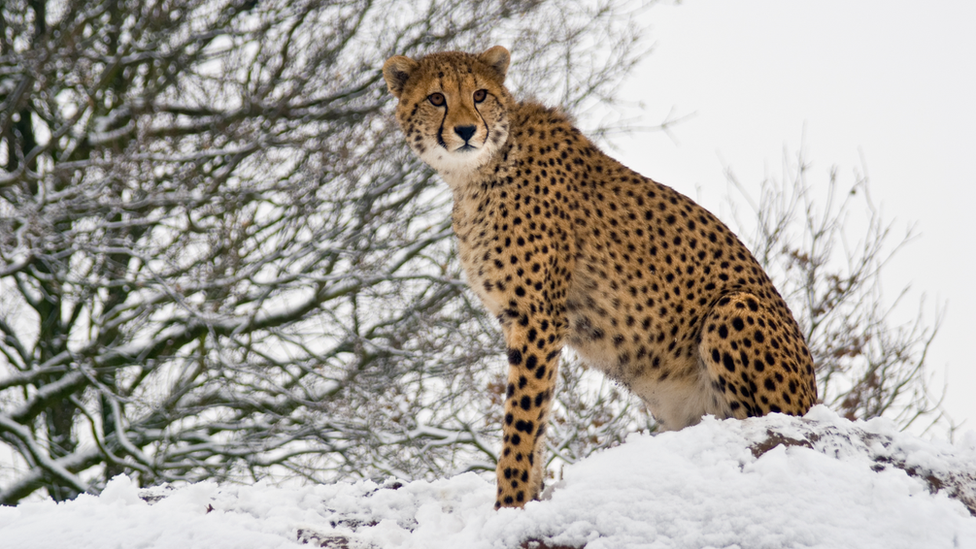
West Midand Safari Park said some animals were allowed out if it snowed
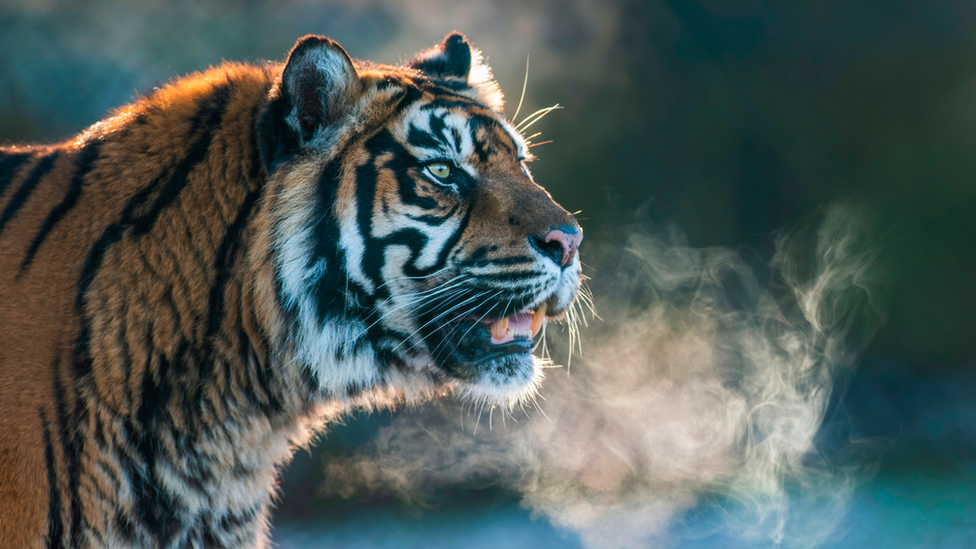
Tigers and other large cats at West Midlands Safari Park are given heated indoor enclosures to retreat into
Scott Adams, who runs the Exotic Zoo in Telford, said energy bills were "the biggest challenge" at the moment.
A high proportion of his animals come from tropical climates and their habitats need extra heating.
He pointed out the costs were coming at a time when income was at its lowest, because the zoo was usually closed from Christmas week until mid-February.
In 2024, the zoo will break with tradition and open at weekends over the winter in the hope of generating some extra revenue.
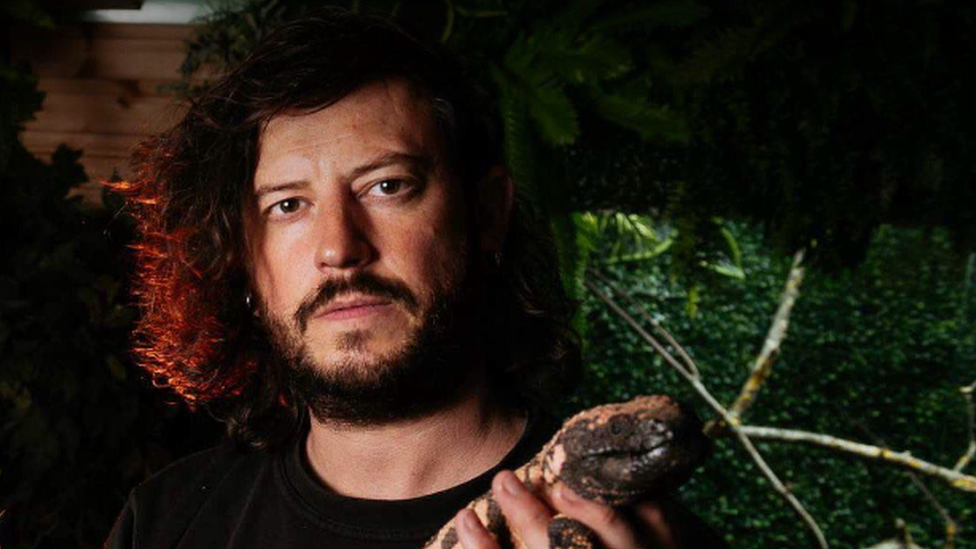
Scott Adams said he would have to open on weekends in January to help pay the energy bills
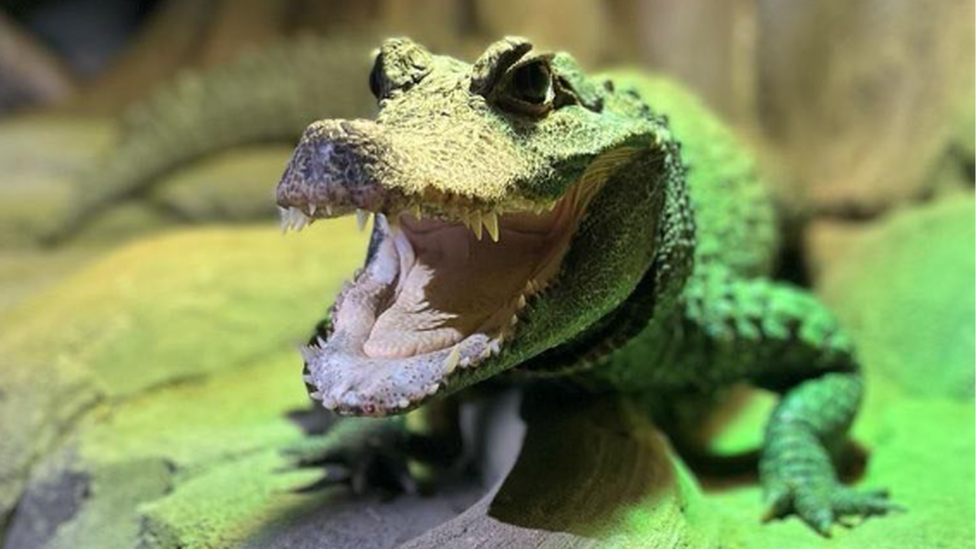
A large proportion of the exotic zoo's animals come from tropical climates
Mr Adams is also considering installing solar panels to bring down energy bills over the longer-term.
He said after a "terrible" 2023 because of energy costs, it was "more important than ever that we have a good year next year".
He said he hoped a number of events in the pipeline, and the opening of a "British woodland nature reserve" in 2024, would help.
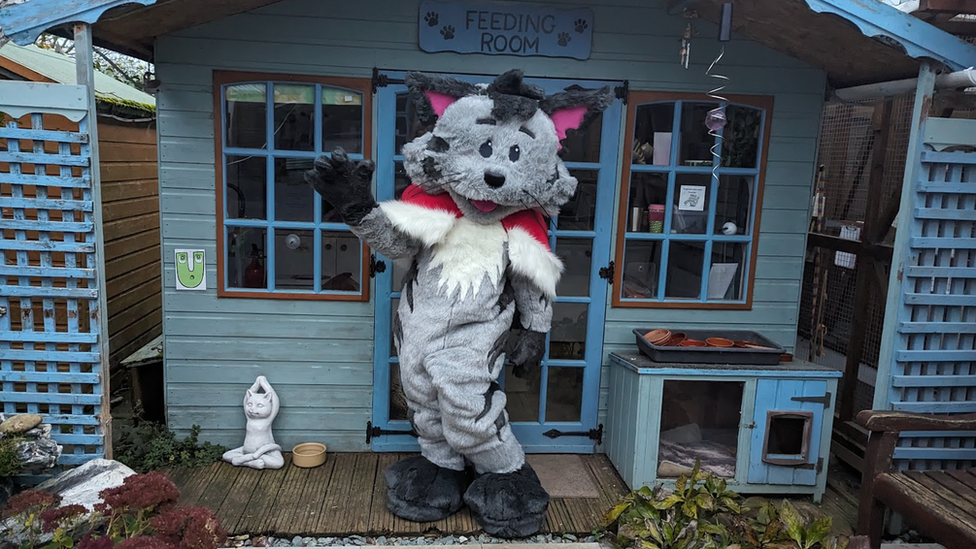
Santa Paws will be handing out presents to the cats at Shropshire Cat Rescue
The Shropshire Cat Rescue shelter near Shrewsbury said it had not only got heating in the wooden cabins where its elderly cats lived, but decorations and lights too.
It has also got knitted jumpers for those cats which struggle to keep warm because of the poor state of their coats.
The cats were also promised a turkey dinner on Christmas Day and a visit from a volunteer dressed as Santa Paws, delivering gifts donated by the "generous animal-loving public".

Follow BBC West Midlands on Facebook, external, X, external and Instagram, external. Send your story ideas to: newsonline.westmidlands@bbc.co.uk, external
Related topics
- Published14 December 2022
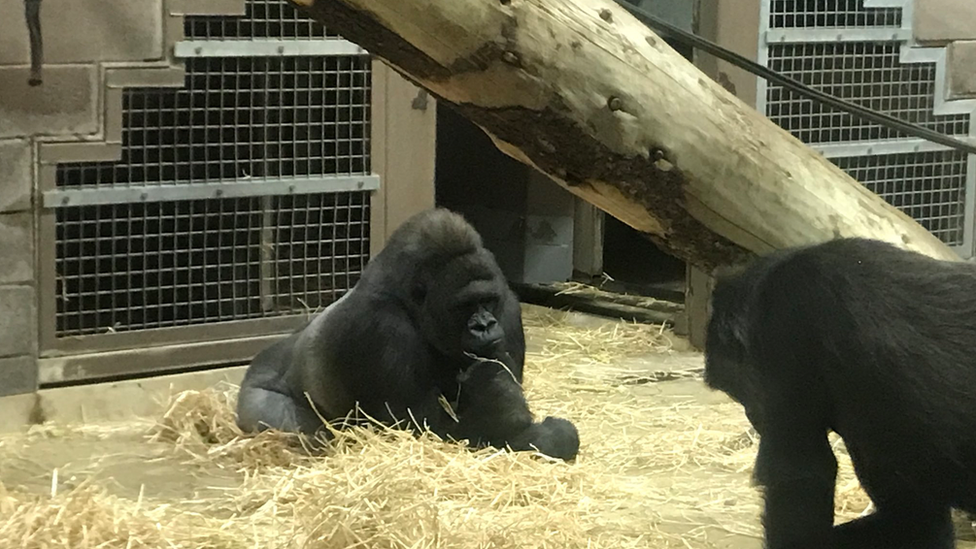
- Published14 December 2022
- Published1 February 2019
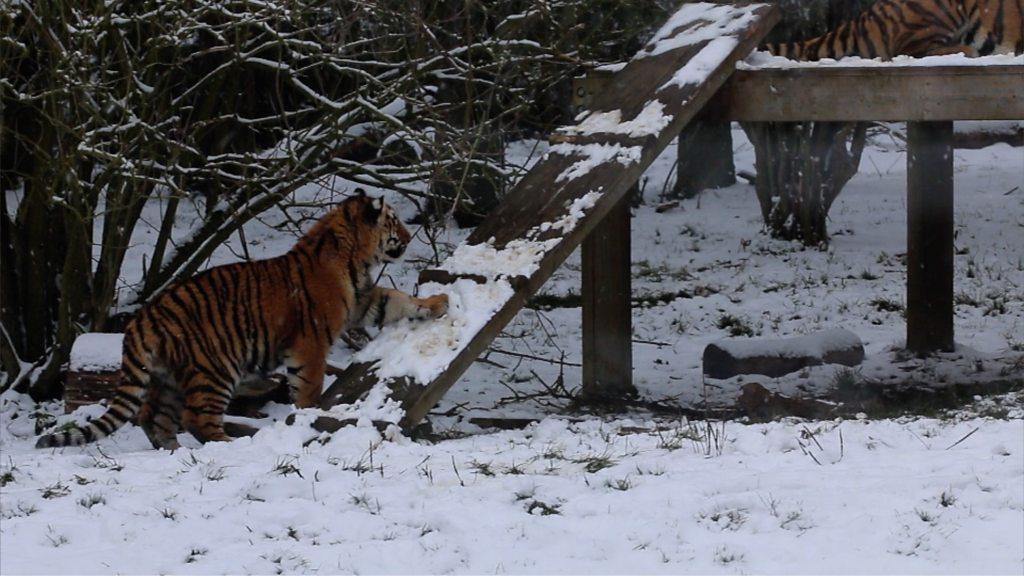
- Published17 November 2018
